QuestionI have a poodle 4yr.old. His name is Max. 2 days ago he has been in some sort of pain. I took him to the Vet. yesterday 10-20-08.X-rays revealed that he might have patela luxation. They gave him pain medicine for 7 days. How long can he live w/this problem?
AnswerHi Annie,
The prognosis for dogs with patellar luxation (dislocating kneecap) is very good. You dog can live a long and happy life with this condition, as long as you monitor him for changes of the condition.
Patellar luxation may be classified in four grades, with grade I being the most mild.
A grade 1 patellar luxation may not need surgery. If you see signs the condition is worsening (signs of pain or more limping) then surgery might be required. Surgical repair of grades 1, 2 and 3 patellar luxation can have a 90-95% success rate, resulting in the dog living pain-free. With a grade 1 diagnosis, the medical treatment is for pain and minor swelling within the knee joint. You should decrease your dog's activity for 1-2 weeks.
Making sure your dog doesn't become overweight, and try to limit jumping off furniture will help your dog's condition. You can train your dog to use a small stool to get on and off furniture. There are also stairs you can buy made for this purpose. You can see one such brand here:
http://www.petco.com/product/100222/Deluxe-Doggy-Steps.aspx
Grades 2 and 3 patellar luxation deal with dogs that have arthritis and how much malformation has occurred.
Since you didn't say your dog has arthritis, I think it's safe to assume that your dog's condition is would be graded at grade 1.
Surgery is usually considered in grades 2 and over. Still, If caught and treated early, grades 2 and 3 both have a good to excellent prognosis. Grade 4 patellar luxation is the most serious. Most of these animals have moderate to severe bony malformations and significant arthritis.
Early detection and correction is the best way to prevent severe lameness and dysfunction, and it sounds like your dog is getting the gold standard in care!
Best of luck!
Patti

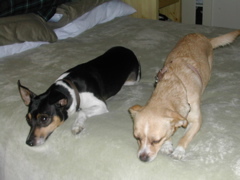 Vicious fighting between two females
Question
Alice and Julia
I have two female rescue dogs
Vicious fighting between two females
Question
Alice and Julia
I have two female rescue dogs
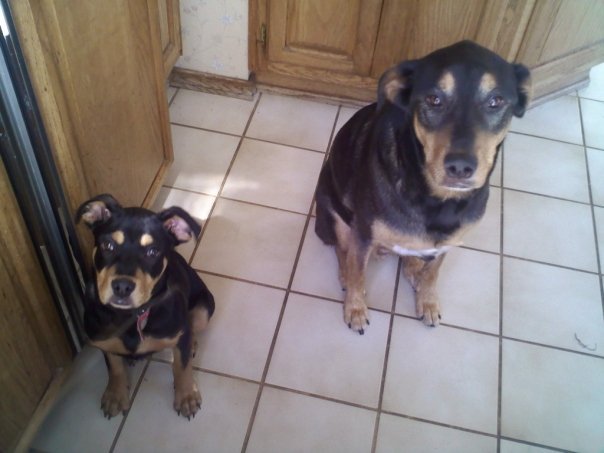 Dominant dog issues
Question
my 2 dogs
I have a 6 year old rottie/shepard m
Dominant dog issues
Question
my 2 dogs
I have a 6 year old rottie/shepard m
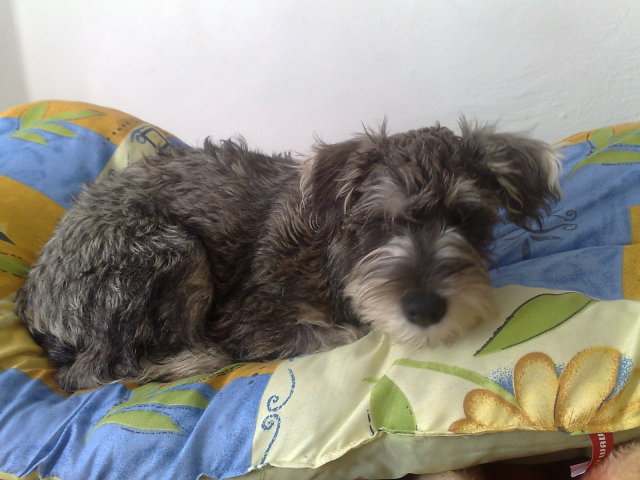 Anxiety separation????
Question
donovan
HI then, I got my schnauzer when it w
Anxiety separation????
Question
donovan
HI then, I got my schnauzer when it w
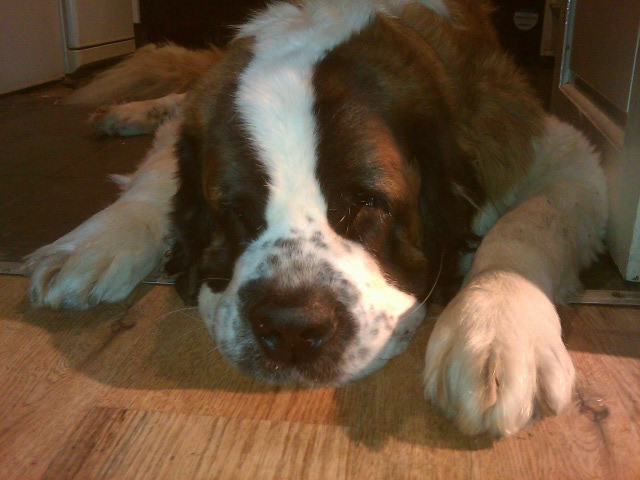 st bernard archy.
QuestionQUESTION: I have a four year old st bernard. I
st bernard archy.
QuestionQUESTION: I have a four year old st bernard. I
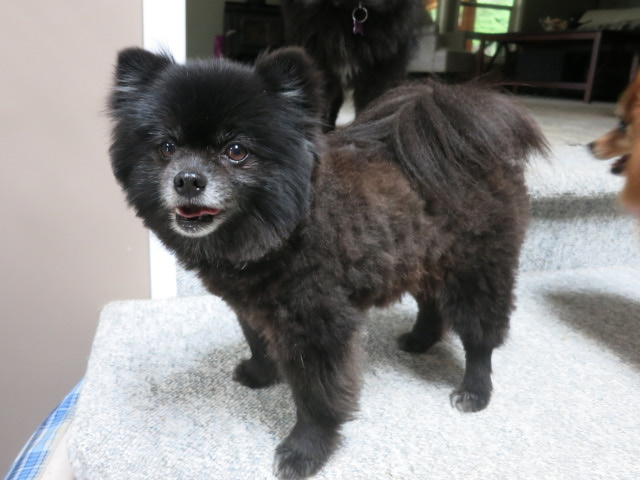 Will my Pomeranian loose his hair
Question
My Pomeranian`s hair c
I have a 5 year
Will my Pomeranian loose his hair
Question
My Pomeranian`s hair c
I have a 5 year